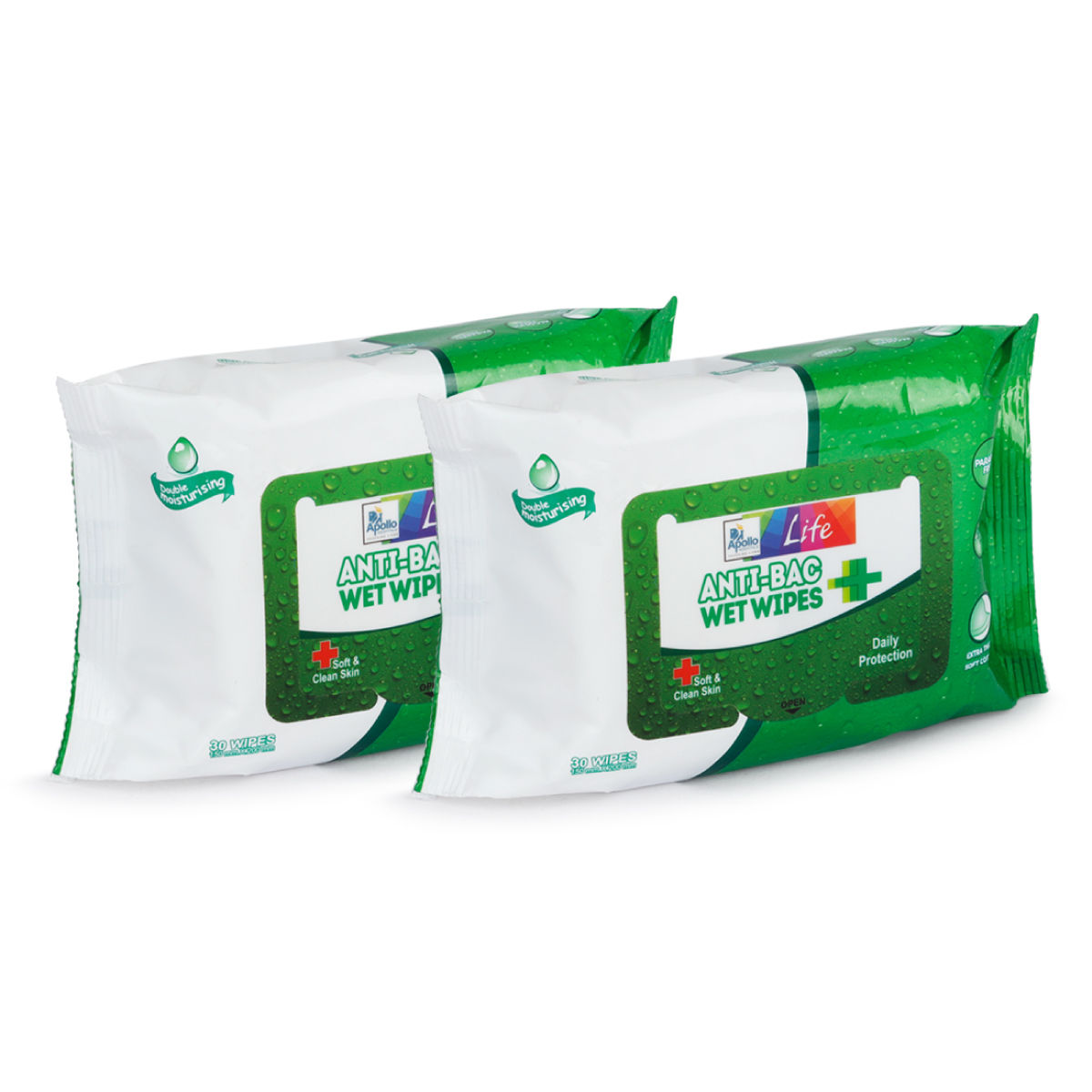Hyde Cream 30gm
Hyde Cream is used to treat melasma (dark brown patch on skin), hyperpigmentation and photoaging. It contains Hydroquinone which works by decreasing the amount of melanin (a skin pigment) that is responsible for the darkening of the skin. In some cases, it may cause side effects such as dry skin, redness, burning sensation, mild itching, and irritation. It is for external use only.
₹112.5*
MRP ₹125
10% off
₹106.25*
MRP ₹125
15% CB
₹18.75 cashback(15%)
Free Delivery
With Circle membership
(Inclusive of all Taxes)
This offer price is valid on orders above ₹800. Apply coupon PHARMA10/PHARMA18 (excluding restricted items)
Know Your Delivery Time
Provide Delivery Location


Available Offers
 Prescription drug
Prescription drugWhats That
 11 people bought
11 people bought 
Secure Payment

India's Most Trusted Pharmacy

Genuine Products
Composition :
Manufacturer/Marketer :
Consume Type :
Return Policy :
Expires on or after :
About Hyde Cream
Hyde Cream treats melasma (dark brown patch on skin) and hyperpigmentation. It helps clear the complexion, acne scars, and photoaging (premature skin ageing caused by repeated exposure to UV radiation). Hyperpigmentation is a skin condition in which patches of skin become darker in colour than the normal surrounding skin. Melasma is a common skin problem that causes dark, discoloured patches on your skin. Dark spots occur when some skin areas start producing more melanin (a natural pigment that gives colour to eyes, hair and skin), ranging from light to dark brown.
Hyde Cream contains Hydroquinone (skin lightening or bleaching agent), which decreases the amount of melanin (a skin pigment) responsible for darkening the skin.
Hyde Cream is for external use only. Avoid contact with eyes, eyelids, lips, mouth, and nose. If the medicine comes in contact with any of these areas, rinse with water immediately. Do not use Hyde Cream on sunburned, windburned, dry, or irritated skin. Common side effects of Hyde Cream include dry skin, erythema (skin redness), burning sensation, mild itching, and skin irritation. Most of these side effects do not require medical attention and gradually resolve over time. However, if the side effects persist or worsen, please consult your physician.
Avoid using Hyde Cream if allergic to it. Hyde Cream can make the skin more sensitive to sunlight; hence, always use sunscreen and protective clothing before you step outdoors. Care should be taken while applying Hyde Cream on sensitive areas, such as the neck. Please limit the use of products that contain large amounts of alcohol (astringents, shaving creams, or after-shave lotions), hair removal products, and products containing lime or spices while using Hyde Cream. Let your doctor know if you are pregnant, planning to conceive, or a breastfeeding mother. Hyde Cream is not recommended for children below 12 years of age.
Uses of Hyde Cream
Directions for Use
Medicinal Benefits
Hyde Cream contains Hydroquinone, a skin-lighting agent used to treat skin problems like acne scars, melasma, hyperpigmentation, and photoaging. It is also used to treat freckles (small brown spots on the skin), age spots and chloasma (darkened skin caused by hormonal changes). It works by decreasing the amount of melanin (a skin pigment) responsible for the skin's darkening.
How Hyde Cream Works
Storage
Side Effects of Hyde Cream
- Dry skin
- Erythema (skin redness)
- Burning sensation
- Mild itching
- Skin irritation
What if I have taken an overdose of Hyde Cream
Drug Warnings
Do not apply Hyde Cream on open wounds or sunburned, windburned, dry, chapped, or irritated skin. If you are allergic to Hyde Cream or any other medicines, please tell your physician. Hyde Cream is for external use only. Avoid contact of Hyde Cream with nose, ears, mouth, or eyes. In case Hyde Cream comes in contact with these areas accidentally, rinse with water thoroughly. If you are pregnant or a nursing mother, please inform your physician before using Hyde Cream. Hyde Cream is not recommended for children below 12 years of age. Hyde Cream can make the skin more sensitive in the sunlight; hence, always use sunscreen and protective clothing before you step outdoors. It is recommended to avoid tanning booths and sunlamps. Do not apply Hyde Cream in large amounts or use it for a longer time than recommended, as it does not give quick or better results but increases the risk of side effects. If you have asthma, rosacea (redness and often red, small, pus-filled bumps on the face), acne, skin thinning, perioral dermatitis (redness and swelling of the skin around the mouth), ulcerated skin, shingles (a viral infection causing painful rash), eczema (itchy, swelling of the skin) or any other skin condition, inform your doctor before using Hyde Cream.
Diet & Lifestyle Advise
- Include protein-rich foods such as yoghurt, chicken and eggs in your diet, as there is a loss of protein through burn wounds and the breakdown of muscles to produce extra energy for the healing process. The additional protein is required to rebuild lost muscle.
- Add more carbohydrates to your diet, such as potatoes, beans, and rice, as glucose in carbohydrates is essential for healing.
- Eat foods rich in quercetin (a flavonoid), such as apples, cherries, broccoli, spinach, and blueberries.
- Drink plenty of water to stay hydrated, and avoid drinking sugary beverages.
- Always wear full clothes or wear sun protection before going under the sun; it will protect your skin from sun damage.
- Please do not use harsh products on your skin as they damage it.
- Keep your skin moisturized to avoid dry skin.
Habit Forming
Therapeutic Class
Hyde Cream Substitute

Pigmin Ointment 20 gm
₹5.99per tabletTopibrite-H Cream 30 gm
₹3.45per tabletDermofade Cream 30 gm
₹3.00per tabletTansorb Cream 30 gm
₹3.30per tabletQuintop 3% Cream
₹2.76per tablet
Product Substitutes
Alcohol
Caution
The interaction of Hyde Cream with alcohol is unknown. Please consult a physician before consuming alcohol while using Hyde Cream.
Pregnancy
Consult your doctor
Hyde Cream is safe to use in pregnant women. However, please consult a physician if you are pregnant before using Hyde Cream.
Breast Feeding
Consult your doctor
Hyde Cream is safe to use in breastfeeding women. However, please consult a physician if you are breastfeeding before using Hyde Cream.
Driving
Safe
Hyde Cream usually does not affect your ability to drive or operate machinery.
Liver
Caution
Hyde Cream is safe in liver patients. If you have any concerns about using Hyde Cream in patients with liver problems, please consult a physician.
Kidney
Caution
Hyde Cream is safe in kidney patients. If you have any concerns regarding the use of Hyde Cream in patients with kidney problems, please consult a physician.
Children
Caution
Hyde Cream is should be used with caution in children if recommended by a physician. However, Hyde Cream is not recommended for children below 12 years of age.
FAQs
Country of origin
Manufacturer/Marketer address
Customers Also Bought
Disclaimer
Author Details
We provide you with authentic, trustworthy and relevant information













